The Spanish Padrón – the difficult one
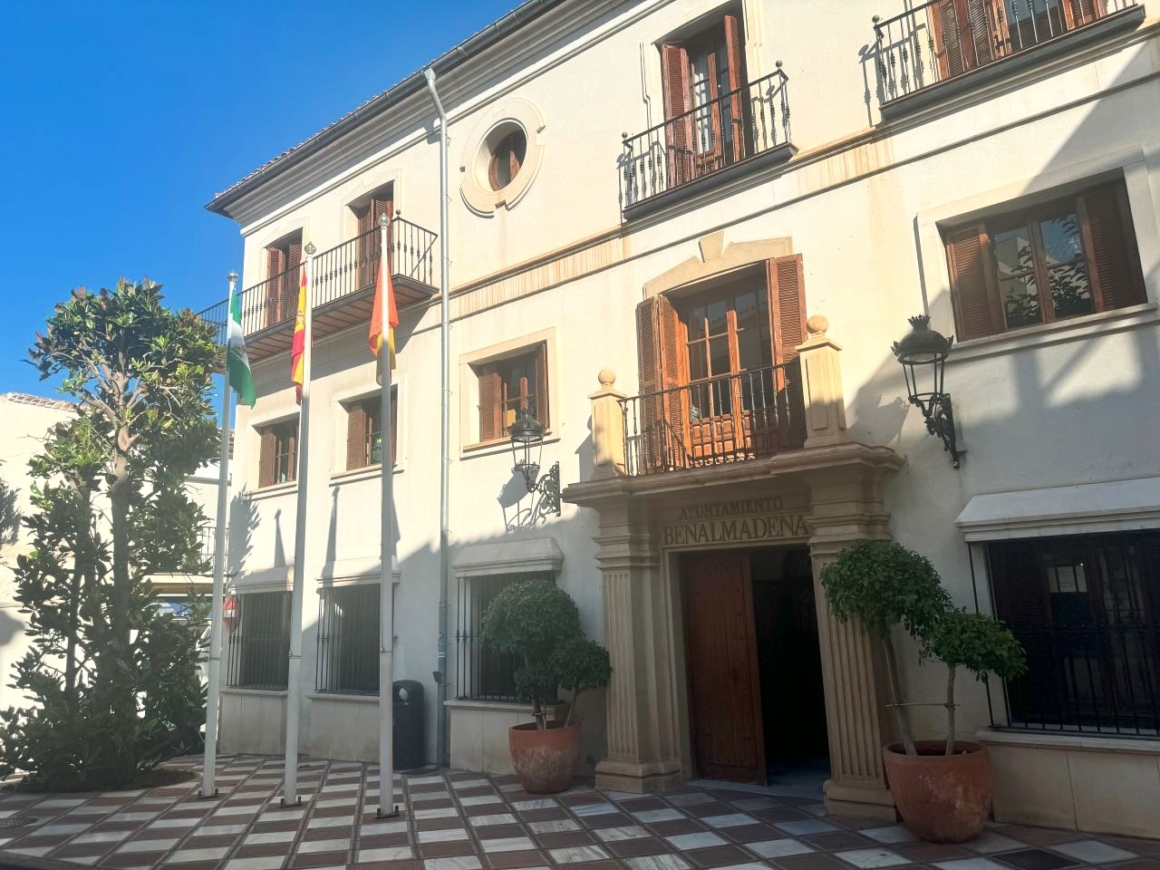
After the NIE, I believe the Padrón (short for empadronamiento, that means something like enrollment) is the document you’ll hear more about in your initial days. It is very important to have it, but very hard to get, because you need to have a permanent address to obtain it; and that is the difficult part. We’ll see a lot about it below.
What is a Padrón?
The Padrón is a document that states that a person lives in a certain city. It is a registration certificate at the town hall, or for short, the city registration. This is relevant for the city because part of the taxes collected by someone that is empadronado (registered) there goes to that city; it is relevant to the resident because it allows the use of public services, such as schools and hospitals.
Who needs to have a Padrón?
The Padrón is mandatory for everyone that lives in a given city in Spain, including minors, but still, to stimulate people to do the right thing and register, some cities offer “perks” to those registered; Benalmádena offers free public transportation upon request (even though it is just for one bus line – but one a very good one) and a discount on the yearly tax on property (IBI – impuesto sobre bienes inmuebles). It also offers discount on sports centers and on some leisure activities offered by the city.
Why do I need a Padrón?
The Padrón will be requested when trying to enroll in a public school and trying to get a healthcare certificate, the document that “enrolls” a person or family in a public health center. It is also one of the documents we needed to provide in order to free our goods from the port when they arrived or, more precisely, to get our fee money back (check our move to Spain for more on that).
Where can I do the Padrón?
While the NIE is done by the Police, the Padrón is done by the city’s Town Hall (Ayuntamiento), so these documents will be done in different places. The best time to do it is as soon as possible, which translates into as soon as one has the needed documentation. Check the website of the ayuntamiento of the city where you’ll live what is the requested documentation, as this may change from city to city.
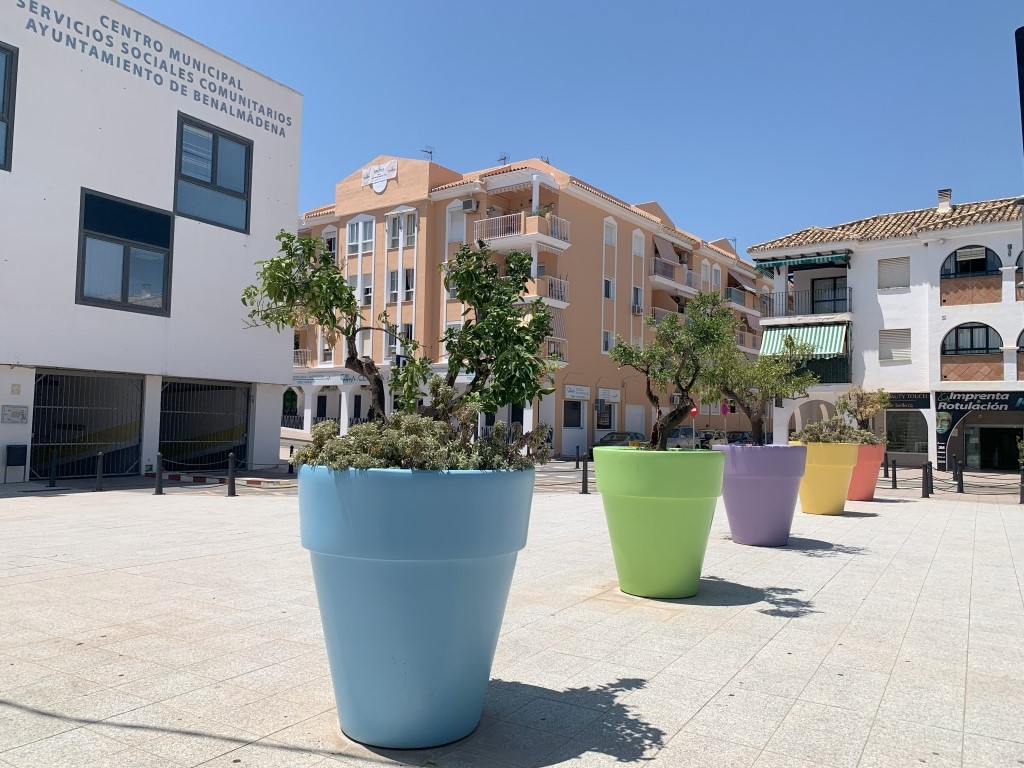
As an example of an ayuntamiento’s page, here is the link for the Ayuntamiento de Benalmadena. It is a nice page, full of useful information for the residents, such as upcoming cultural events, maintenance works ongoing on the city, sport activities and so on.
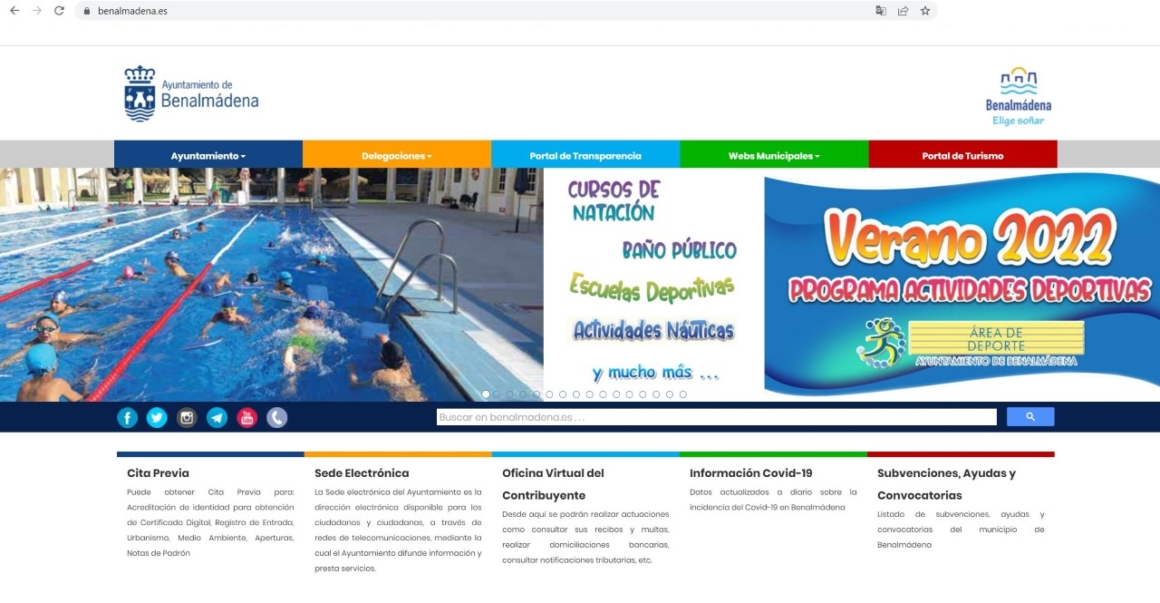
What do I need to get a Padrón?
In Benalmádena, they requested the birth certificate of our kid translated into Spanish, our NIEs and a proof of permanent address in the city. Now let’s take a closer look into these requirements:
– The birth certificate translated into Spanish: this was requested to register our kid; we (the parents) got a Padrón without it. We managed to get his birth certificate from Estonia by asking my husband’s brother to request a copy of our kid’s birth certificate to the notary where our Kiddo was registered. He asked for a copy with Spanish translation, and Estonia provided it. My brother-in-law then mailed the document to us. There was no need for apostille to this document because it was in the EU standard; documents from outside the EU would need that. We did the same process for our marriage certificate, actually (needed for my residence, not for the Padrón).
– The NIE: you need to have a NIE to make the Padrón (at least in Benalmádena). So if one of the people of a family coming to live in Spain is not an EU citizen and was told that they don’t need to make the NIE, because it will be provided when they make the residence, there will be a problem, as the Padrón itself is required to make a non-EU residence (see Booking a Residence appointment for non-EU citizens). Therefore, simply make the NIE!!
– The proof of permanent address in the city: in Benalmádena, this can be either a proof of ownership of a residential estate or a rental contract for at least 3 months plus a signature of the landlord in the Padrón form request. That is when it starts to get tricky.
Our experience getting the Padrón
We started trying to rent a place while still in the USA, by contacting potential landlords on idealista.com. Every time I explained that we were moving to Spain and asked if they would provide the signature for my family to get the Padrón if we rented their place, we got a ‘no’ as an answer, though. No explanation, just a ‘no’. They often said they would rent us the place, but not give the signature.
I suspect that maybe those houses were not legally registered or that the owners thought giving us the Padrón would give us some right to remain in the property for longer than agreed in the rental contract (it does not) or some responsibility in case we became illegal migrants (I don’t think it would, given that I didn’t see a residence permit being requested on the rental adds.) Perhaps those places were registered as tourist places and assigning a Padrón would mess with the tourist permits? Well, maybe, I don’t know. I came to realize, though, that it is very difficult for a foreigner to get a rental contract in Spain, mostly because the landlords fear okupas.
We got our first Padrón from a local friend that sort of “adopted” us and to whom I am immensely grateful. Without that first document we wouldn’t have been able to get the reimbursement from the fee we paid at the harbor and worse, would not be able to enroll our kid at the public school on time. Four months later we gave ourselves a new and definitive Padrón, after we bought our apartment.
It would be a lot easier if only there was a way to have a sort of temporary Padrón, or if the need for permanent address could be substituted by some other thing. I don’t think everybody goes through the same difficulty, though, as I have seen some people saying on Facebook that they got their Padrón from the vacation rentals where they stayed upon arrival. We didn’t try asking for this, as we didn’t rent for at least 3 months – a requirement in Benalmádena that we only got to know after we had already rented the vacation rental for 2 and a half months!
You can get the form for the Padrón online on your ayuntamiento’s page. If you are renting, the landlord will have to sign this form, but does not need to come with you to the ayuntamiento – the signature on the form is enough. If you bought a property, you just fill the form and take the proof of ownership with you to your appointment at the town hall.
The appointment may be set online or through the phone, info you will find on your ayuntamiento’s website. Get there with the full document and on time, and the Padrón is issued on the same day and quite fast. There is no payment involved – the register in the Padrón is free.
As each city is different, there may be some slight variations; therefore it is very important that you check the ayuntamiento’s page to see what your locality requests, and also to check how to book the appointment. The difficult part of the Padrón consisted, for us, in getting the landlord to approve / give the signature, though I have heard from other people that the hard part for them was actually getting the appointment with the Town Hall. I guess their city don’t need extra money!
The Padrón itself, at least in Benalmádena, consists of an A4 paper, much like the NIE. We don’t need to carry it around with us, but we did need to present it when registering Kiddo in the public school and when doing our healthcare documents.




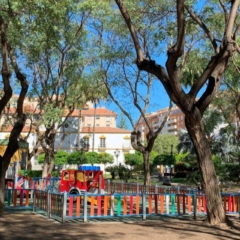


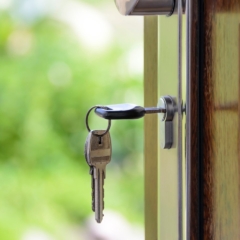

Hi,
just wanted to say a big thank you for your advice on getting an NIE number, as I managed to get mine (and my husband’s) today:-)
Unfortunately we didn’t manage to get it for our children as the police officer said that we would need the registration card to enroll them in school, so we would need to apply for residency instead. However, that doesn’t seem correct and unfortunately my Spanish skills weren’t good enough to explain that. Now it looks like you either need the NIE or passport (we are coming from within EU), have you had any experience with just coming to get the padron with passport for children? It also looks like we need the children’s vaccination records to register them in public school, have you tried that?
Also, we are in Mijas municipality and it looks like you didn’t have to fill in any forms before getting the padron in Benalmadena? Did you have to book an appointment? When I emailed the municipality they said we didn’t need a signature from our landlord, just the signed contract.
Thanks again for your much needed help 🙂
You’re welcome!
Great that you managed the NIE. For me it was the same – my child just got his NIE and Padron after the residence permit, if I remember correctly. We enrolled him in school with our Padron (I mean, the parents Padron). Our son just had his Padron later, just to have everything in order, as for a child it is the parent’s documents that seem to matter.
I had read about vaccination records requirements, but the school ended up not requesting it, I think; in any way, I had it altogether, but I didn’t have it in Spanish; either they accepted it in English or they didn’t mind. Maybe different schools have different policies on this.
I did have to book an appointment for the Padron and fill a form in Benalmadena as well. At least here, this was the easy part; I got lucky that they had time soon, but I know sometimes it takes time to get the appointment.
Best of luck on your quests!!
Hi again,
Great, thanks so much for your advice. I’m glad to hear that it is the parent’s padron that matters. I tried to book an appointment for Mijas municipality, but all were full. Otherwise I will show up and hope the wait isn’t too long.
All the best,
Christina
I ran into the same weird thing with the padrón! I had my residency card. I was trying to rent, but landlords clammed up when I asked about the padrón. Did you ever figure it out?
I wonder if I could have lived permanently or temporarily without the padrón? Is that illegal? I don’t have kids in school and didn’t have shipped goods, so maybe I wouldn’t have needed it.
It was not easy trying to find a rental in the Malaga area, and I did not speak Spanish, and this padrón thing was confusing to me.
I had vacationed a lot in Benalmádena.
I never did move to Spain. :(. Still stuck in the US.
Hello Beth, thank you for your comment! Nowadays, I have the impression that the hardship of the Padrón is related to the two types of rental contracts in Spain: the long term and the short term (vacational). If someone decides to stay longer than they are supposed to in a vacational rental, police can act fast and remove the person; but if it is a long term rental, some social rights come into play and it is very difficult to remove the person – the justice system can take years to do so. I think that giving the Padrón sort of blurs the line, giving the tenant, albeit beyond the contractual date, an argument that he/she was there in a long term contract. That’s what I suspect is behind the landlord’s fear to give the Padrón. This legislation that helps squatters end up making it difficult for everybody else to have a home.
The law says that it is mandatory to obtain the Padrón within 3 months of establishing a permanent address in Spain (not from the arrival; and I understand that time spent in short term rentals doesn’t count as a permanent address). Anyway, you would need the Padrón in order to have access to free healthcare, so I guess it would be both legal and useful. Now, I found an interesting information while searching for this reply: according to this site https://www.immigrationspain.es/en/resident-registration-without-fixed-address/ it is possible to have a Padrón without a fixed address! It makes life a bit easier, but doesn’t really solve the big difficulty that is to find a proper place to rent long term, right? I think that if you decide to come back, while you are on short term rentals you wouldn’t be doing anything wrong by not having the Padrón – after all, while you are on a short term rental it apparently is not mandatory.
Best of luck!